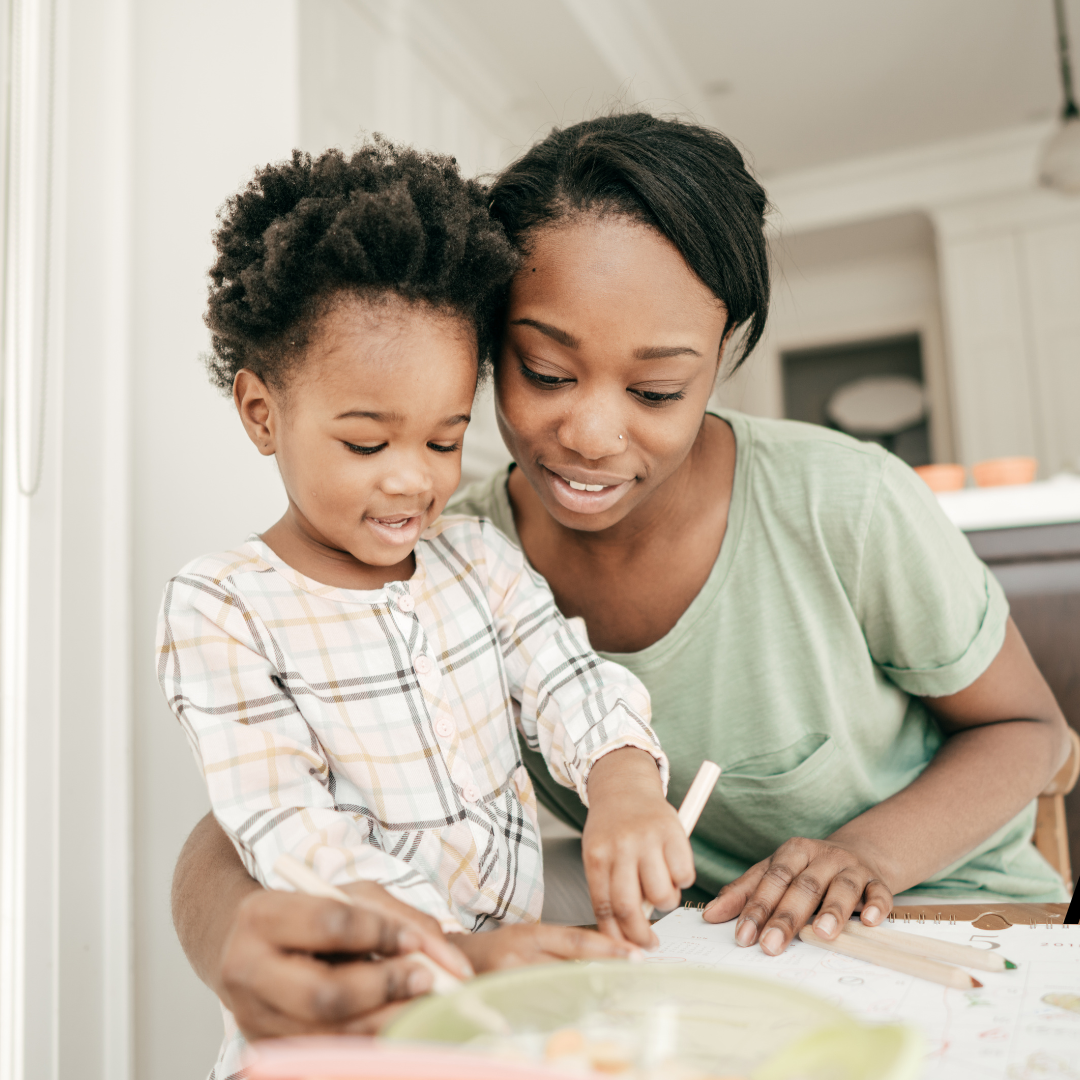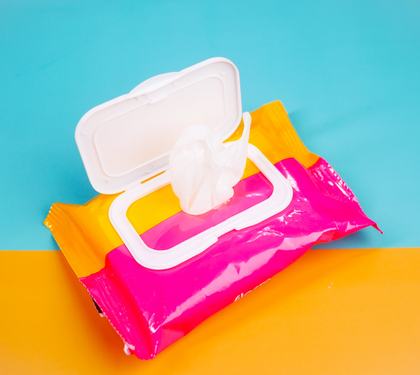Q: Why is sustainable parenting important, and how can I start practicing it?
A: Sustainable parenting is crucial for the health of our planet and the future well-being of our children. By making eco-friendly choices, we reduce our carbon footprint, minimise waste, and teach our children the importance of caring for the environment. Here are some steps you can take to start practicing sustainable parenting.
Choose Eco-Friendly Toys: Opt for toys made from sustainable materials like wood or organic fabrics. Avoid plastic toys that are often not recyclable and can contain harmful chemicals.
Buy Second-Hand: Consider buying second-hand clothes, toys, and baby gear. This reduces the demand for new products and keeps perfectly good items out of landfills.
Sustainable Feeding: Breastfeeding is the most sustainable feeding option, but if that's not possible, look for formulas in recyclable packaging. When your baby starts eating solids, make homemade baby food using organic, locally sourced ingredients.
Use Reusable Baby Wipes: One of the easiest and most impactful changes you can make is switching to reusable baby wipes such as the range available from Little Gubbins.
Q: What are some practical tips for sustainable parenting?
A: Here are some practical tips to help you incorporate sustainability into your parenting routine:
Eco-Friendly Clothing: Choose clothes made from organic cotton, bamboo, or other sustainable materials. Look for brands that practice fair trade and use eco-friendly dyes.
Minimalist Approach: Embrace a minimalist approach by buying only what you need. Focus on quality over quantity and choose items that are durable and versatile.
DIY and Homemade: Make your own baby products like lotions, soaps, and baby food. This reduces packaging waste and ensures that you know exactly what ingredients are being used.
Energy Efficiency: Use energy-efficient appliances and light bulbs. Opt for natural lighting and cooling methods whenever possible to reduce energy consumption.
Water Conservation: Save water by using a baby bathtub instead of a full-sized one and teaching your children about water conservation from a young age.
Q: How can I reduce waste as a parent?
A: Reducing waste is a key component of sustainable parenting. Here are some strategies to help you minimise waste:
Reusable Bags and Containers: Use reusable bags for shopping and containers for storing food and snacks. This reduces the reliance on single-use plastics.
Composting: Start a compost bin for food scraps and biodegradable waste. This reduces the amount of waste going to landfills and provides nutrient-rich compost for your garden.
Cloth Napkins and Towels: Switch to cloth napkins and towels instead of disposable ones. They can be washed and reused, cutting down on paper waste.
Recycling: Teach your children about recycling and set up a recycling station at home. Make sure to recycle paper, plastic, glass, and metal according to your local guidelines.
Second-Hand and Upcycling: Buy second-hand items and upcycle old ones. For example, repurpose old clothes into cleaning rags or crafts.
Q: How can I teach my children about sustainability?
A: Teaching your children about sustainability is essential for fostering an environmentally conscious mindset. Here are some ways to instill these values:
Lead by Example: Children learn by observing their parents. Show them how you incorporate sustainable practices into your daily life.
Educational Activities: Engage your children in educational activities that teach them about the environment, such as nature walks, gardening, or visiting a local recycling centre.
Books and Media: Provide books, shows, and movies that focus on environmental themes. This can spark their interest and understanding of sustainability.
Involve Them in Decisions: Include your children in sustainable choices, such as selecting eco-friendly products or helping with composting. This empowers them to make eco-friendly decisions.
Encourage Creativity: Encourage your children to use their creativity to find new ways to reduce, reuse, and recycle. This can be a fun and rewarding way for them to contribute to sustainability.
By making thoughtful choices and involving your children in sustainable practices, you can create a positive impact on the environment and raise a generation that values and protects our planet. Sustainable parenting is about making mindful decisions that benefit your family and the world around you, ensuring a healthier, greener future for all.





